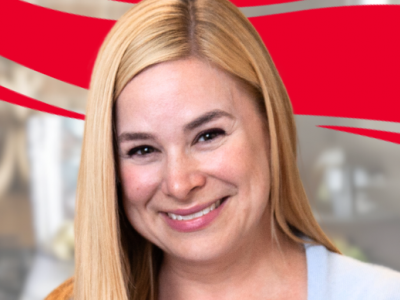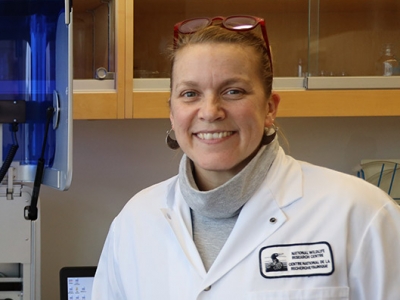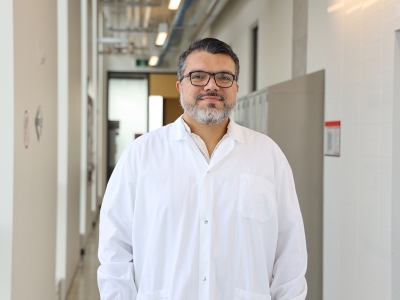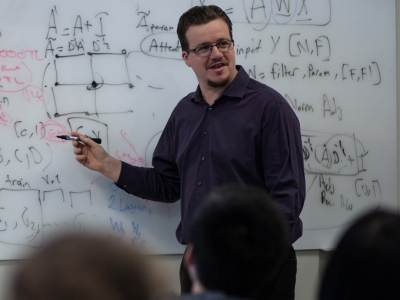By Joseph Mathieu
Photos by Chris Roussakis
Although global competition is fierce, Canada is poised to lead in the field of artificial intelligence (AI).
Anil Arora, Chief Statistician of Canada, is convinced that if it can come to a consensus on safeguards and standards involving the use of and processing methods for big data, the country could have a leading edge.
“Like the steam engine and electricity before it, AI is already being likened to a general purpose technology which dramatically and drastically alters society,” he said.
“I believe we can carve out a truly Canadian way, one that places the values of an open democratic society at its centre.”
Arora delivered his message in a keynote address on March 26 to record attendance at Carleton’s Data Day 6.0. He called on academics, business and government to work together to create the necessary conditions for success.

Promoting Big Data Collaboration
Designed to promote collaboration and celebrate the latest development in data science and analytics research, the inaugural Data Day in 2015 had 55 registrants. Parallel to the field’s growing prevalence and the initiative’s success, the sixth annual conference saw 10 times the interest and sold out in 10 days.
After his address, Arora and Carleton President Benoit-Antoine Bacon co-signed a memorandum of understanding to certify an already longstanding partnership between the university and Statistics Canada.
“Business and government are all looking for top data scientists,” said Bacon, “and at Carleton we’re addressing that skill shortage by developing courses and programs that fit that gap, so that our graduates are particularly well-trained in that crucial area.”
These efforts are helmed by the Institute for Data Science, which organizes Data Day and offers a collaborative master’s program to students in 14 academic disciplines with a specialization in data science.
Frank Dehne, the institute’s founding director and Carleton Chancellor’s Professor of Computer Science, reported that enrollment in its interdisciplinary program was growing quickly (from 80 students to 120 in one year) and that a 15th program, Physics, was joining the list. The institute moved into its own dedicated lab space last summer, and it will soon offer a PhD in data science.
Wednesday, April 3, 2019 in Data Day News, General
Share: Twitter, Facebook



